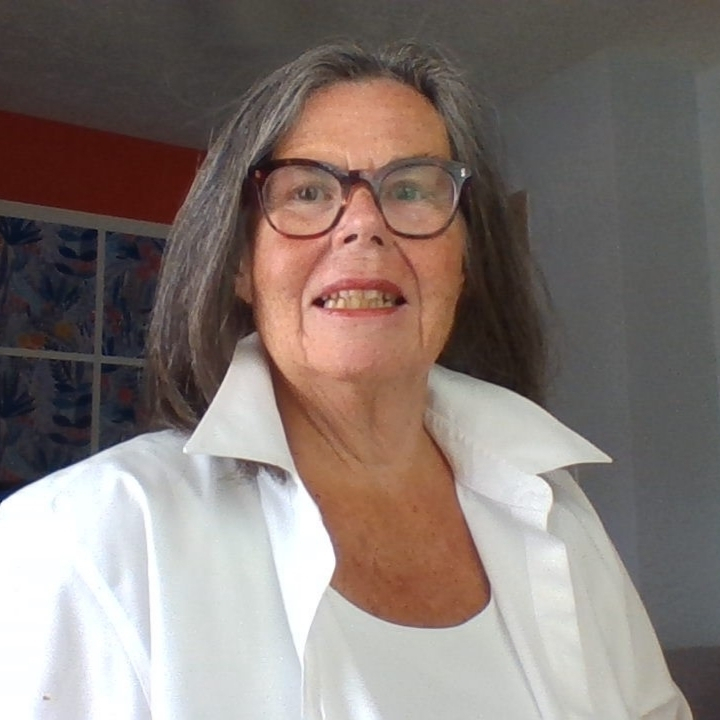There’s a remarkable paradox that emerges in this next chapter of life: the more you give, the more you receive. As you transition beyond your career, contribution becomes not just something you do—it becomes a powerful source of meaning, connection, and personal wellbeing.
Research consistently shows that those who engage in purposeful giving experience better physical health, enhanced mental wellbeing, and even increased longevity. A study from the Corporation for National and Community Service found that regular volunteers have a 24% lower mortality rate compared to non-volunteers, even after controlling for other factors.
“I was so focused on what I was giving up in retirement that I never considered what I was gaining,” shares Patricia, a former executive who now mentors women entrepreneurs. “Since I started volunteering, my blood pressure has dropped, and my energy levels amaze my doctor at 67.”
Finding Your Contribution Sweet Spot
The most fulfilling contribution comes from finding the sweet spot where your unique gifts meet genuine needs in a way that energizes rather than depletes you.
Align With Your Values
Consider what issues consistently move you to concern or action:
- Is education and opportunity for young people a core value?
- Does environmental protection stir your passion?
- Are health and wellness causes personally significant because of your experiences?
Elena, a retired nurse, reflects: “I’ve always valued health education, but never had time to engage with it during my career. Now I teach health workshops in underserved communities, and it feels like I’m finally expressing a core value in a direct way.”
Leverage Your Strengths
The most sustainable contribution leverages what you naturally do well:
- Professional skills: How might your career expertise serve others in new contexts?
- Personal strengths: Are you naturally empathetic, organized, creative, analytical?
- Lived experience: How might your life journey inform how you help others?
“After 30 years in accounting, I thought I’d never want to see another spreadsheet,” laughs Marianne. “But now I help small nonprofits set up their financial systems. I’m using my skills in a completely different context, and it’s deeply satisfying.”
Honor Your Limits
Meaningful contribution should energize rather than deplete you. Be honest about:
- Time boundaries: How much time feels right for this season of life?
- Physical capacity: What types of service match your energy and abilities?
- Emotional capacity: Some causes may hit too close to personal wounds
Pathways for Purposeful Contribution
Mentoring: Sharing Your Wisdom
Your decades of professional and life experience represent invaluable knowledge that can help others navigate challenges you’ve already faced.
Carol, who spent 35 years in corporate marketing, now mentors women starting businesses: “I see them avoiding pitfalls that would have taken months to recover from without guidance. It’s incredibly rewarding to watch them succeed faster because of insights I share.”
Skilled Volunteering: Applying Your Expertise
Organizations increasingly recognize the value of experienced professionals and seek volunteers who bring specific skills:
- Nonprofits need board members with governance experience
- Community arts programs seek those with administrative skills
- Educational programs need subject matter experts
Skilled volunteering allows you to use familiar capabilities in fresh contexts, often with greater autonomy than was possible in your career.
Advocacy: Amplifying Important Voices
Your life experience gives you perspective and credibility that can be powerful forces for positive change.
At 65, Rebecca channels her professional communication skills into environmental advocacy: “I understand how systems work and how decisions get made. I can translate complex environmental issues into language that influences policy. That’s a contribution I couldn’t have made in my thirties.”
Creating New Solutions
Some women find their highest contribution comes through creating entirely new initiatives based on unmet needs they’ve observed.
After losing her spouse, Judith created a weekend workshop for recently widowed women: “No one was addressing the practical aspects of sudden singlehood alongside the emotional ones. I created what I wished had existed for me.”
Overcoming Contribution Hesitations
Despite good intentions, some common concerns can delay meaningful engagement:
“My contribution won’t be significant enough.”
Remember, impact isn’t measured by grand scale but by genuine connection. The literacy volunteer who helps one child discover reading makes a profound difference in that child’s life trajectory.
“I don’t have specialized skills to offer.”
While professional skills are valuable, many essential contributions require simply showing up with compassion and reliability. Programs exist specifically for those without specialized training.
“I’m worried about over-committing.”
Start small with clearly defined commitments. Many organizations offer flexible opportunities, ranging from one-time projects to regular but limited engagements.
Marjorie advises: “I began with a single four-hour shift monthly at the community garden. As I discovered how much I enjoyed it, I gradually increased my involvement. Starting small allowed me to find the right balance.”
The Health Benefits of Giving Back
The science is clear: meaningful contribution significantly impacts your wellbeing:
- Mental Health: Purposeful giving reduces depression and anxiety while increasing happiness and life satisfaction.
- Cognitive Function: Regular volunteering is associated with delayed cognitive decline and reduced risk of dementia.
- Physical Health: Consistent giving behavior lowers blood pressure, reduces inflammatory markers, and leads to fewer doctor visits.
These aren’t just happy coincidences. Giving benefits our bodies and minds. The act of contribution activates reward centers in the brain, releases endorphins, and reduces stress hormones.
Creating Your Contribution Plan
Ready to experience the benefits of purposeful giving? Consider these steps:
- Reflect on motivation: What specifically draws you to contribution at this life stage? What would make this experience meaningful for you?
- Inventory your assets: List your skills, knowledge, connections, experiences, and interests. These represent your unique contribution toolkit.
- Research opportunities: Investigate organizations addressing causes you care about. What specific roles do they offer for volunteers?
- Start conversations: Reach out to friends already involved in giving back. What has their experience been?
- Experiment thoughtfully: Consider starting with time-limited commitments before making longer-term promises.
The Reciprocity of Giving
As you explore pathways for contribution, remember that authentic giving creates a beautiful cycle of reciprocity. You aren’t just offering help—you’re receiving profound benefits of purpose, connection, and wellbeing.
In this next chapter, you have an extraordinary opportunity to transform not only the lives you touch directly, but your own life as well. Your accumulated wisdom, skills, and perspective represent unique resources in a world that needs exactly what you have to offer.
The sweet spot lies between doing nothing and over-committing, between random acts and strategic contribution. With intentionality and persistence, letting joy lead the way, you’ll discover how giving back creates some of the richest rewards of this new life stage.
What difference will you choose to make?



